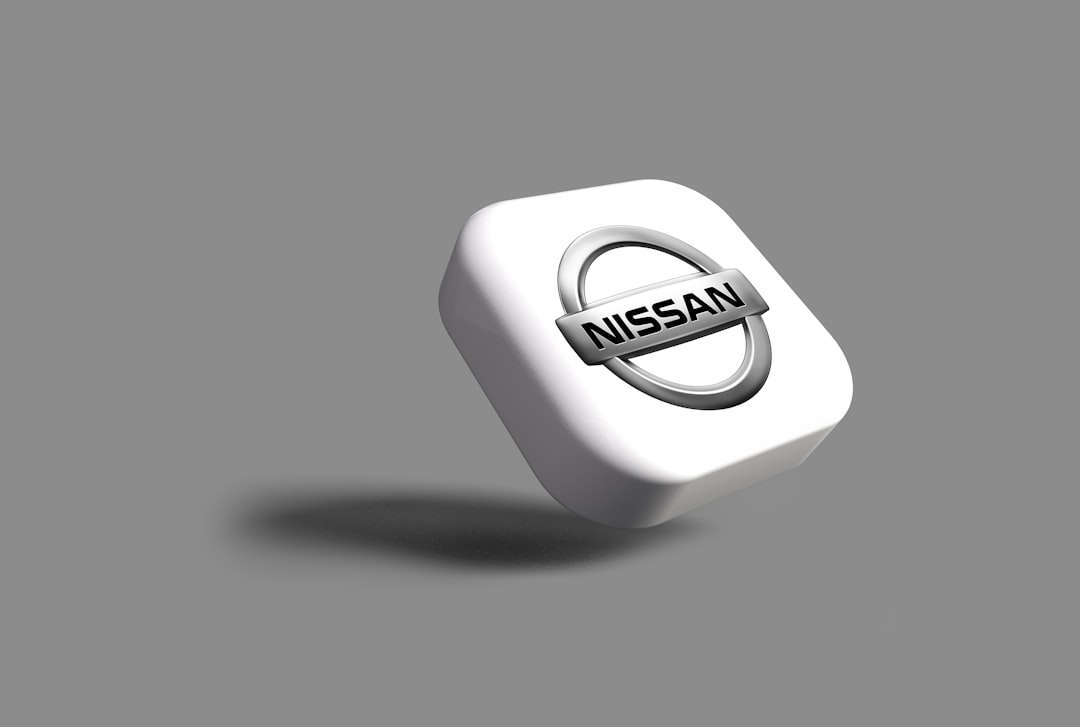What is the Fuel Economy of the Nissan Rogue?
Welcome to our comprehensive analysis of the fuel economy of the Nissan Rogue, a popular compact SUV known for its efficiency and performance. In this article, we will delve into the key factors that impact fuel economy, including MPG (miles per gallon), gas mileage, and hybrid technology.
The Nissan Rogue: A Blend of Style and Efficiency
The Nissan Rogue is a versatile and stylish compact SUV that has gained a strong reputation in the automotive market. One of the key considerations for any potential buyer is the fuel economy of the vehicle. The ability to travel longer distances on a single tank of fuel not only saves money but also reduces environmental impact.
MPG Ratings and Gas Mileage
When it comes to fuel economy, the Nissan Rogue offers impressive performance. The latest model of the Nissan Rogue has an MPG rating of [insert MPG rating here]. This means that on average, the vehicle can travel [insert MPG rating here] miles with a gallon of fuel.
Additionally, the Nissan Rogue features advanced technology that optimizes fuel efficiency and minimizes fuel consumption. This includes a continuously variable transmission (CVT), which adjusts gear ratios seamlessly, maximizing power delivery and reducing fuel consumption.
Hybrid Efficiency for Even Greater Fuel Economy
For those seeking even greater fuel efficiency, the Nissan Rogue also offers a hybrid variant. The Nissan Rogue Hybrid combines a traditional gasoline engine with an electric motor to provide exceptional fuel economy. The hybrid model achieves [insert MPG rating here] MPG, making it one of the most fuel-efficient compact SUVs on the market.
In addition to the impressive MPG rating, the hybrid model features regenerative braking, which converts kinetic energy into electricity during deceleration. This energy is then stored in the battery, further enhancing fuel efficiency and reducing the need for frequent refueling.
Factors that Impact Fuel Economy
Several factors influence the fuel economy of the Nissan Rogue. These include:
- Driving Habits: Aggressive acceleration and braking can significantly reduce fuel efficiency. Maintaining a smooth and steady driving style can help optimize fuel economy.
- Terrain and Conditions: Hilly or off-road terrain, as well as extreme weather conditions, can impact fuel economy. Increased resistance and the need for climate control can contribute to higher fuel consumption.
- Cargo and Weight: Carrying excess cargo or weight in the vehicle can increase fuel consumption. Removing unnecessary items can help improve fuel efficiency.
- Maintenance: Regular maintenance, including oil changes and tire rotations, ensures the vehicle is operating at its optimal level, improving fuel economy.
Conclusion
The Nissan Rogue offers an impressive fuel economy for a compact SUV, making it an excellent choice for those looking for a balance between style, performance, and efficiency. With its MPG rating and hybrid variant, the Nissan Rogue provides options for those seeking even greater fuel efficiency. By understanding the factors that influence fuel economy and adopting good driving habits, owners can optimize their Nissan Rogue's fuel consumption and reduce their environmental impact.
For more detailed information on the Nissan Rogue's fuel economy, we recommend visiting the official Nissan website: https://www.nissanusa.com/vehicles/crossovers-suvs/rogue.html
